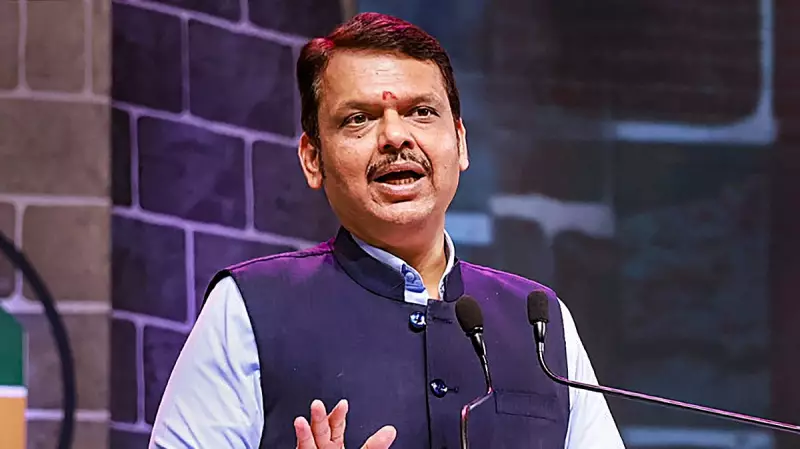
In a significant political declaration that has sent ripples through Maharashtra's political landscape, Deputy Chief Minister Devendra Fadnavis has firmly put to rest speculation about his national ambitions, asserting that 'Delhi is still far away' while committing to complete his full term as Maharashtra's chief minister until 2029.
Strategic Positioning in Maharashtra Politics
During an exclusive interview, Fadnavis made his intentions crystal clear, emphasizing his dedication to Maharashtra's development agenda. "I will continue as the chief minister till 2029," he stated unequivocally, addressing the swirling rumors about his potential move to national politics in Delhi.
The statement comes at a crucial juncture for the Bharatiya Janata Party (BJP) in Maharashtra, where the party leads the ruling 'Mahayuti' alliance alongside Chief Minister Eknath Shinde's Shiv Sena and Ajit Pawar's NCP faction.
Dismissing Delhi Speculations
Fadnavis's remarks effectively silence months of political chatter suggesting he might be considering a central government role. His unambiguous declaration underscores the BJP's strategic focus on consolidating power in Maharashtra, India's financial powerhouse and second-most populous state.
Key aspects of Fadnavis's political stance include:
- Firm commitment to Maharashtra's leadership role until 2029
- Clear dismissal of immediate national political ambitions
- Strategic positioning within the complex Mahayuti alliance dynamics
- Focus on delivering on development promises in the state
Implications for Maharashtra's Political Future
Political analysts view Fadnavis's statement as a calculated move to strengthen the BJP's position within the ruling coalition. By declaring his long-term commitment to state politics, he aims to project stability and continuity in the government's functioning.
The timing of this announcement is particularly significant as Maharashtra prepares for upcoming local body elections and the broader political realignments taking shape ahead of future state assembly polls.
Fadnavis, who previously served as chief minister from 2014 to 2019, has reemerged as a central figure in Maharashtra politics, playing a pivotal role in the current coalition government's operations and policy implementation.
Strengthening Coalition Dynamics
This clear articulation of his political roadmap helps address potential uncertainties within the three-party alliance, providing a sense of direction and leadership stability that could benefit the ruling coalition's governance agenda and electoral prospects.
As Maharashtra continues to navigate complex political equations and development challenges, Fadnavis's firm commitment to state leadership sets the stage for a potentially transformative period in the state's political history, with implications that could resonate well beyond 2024.






